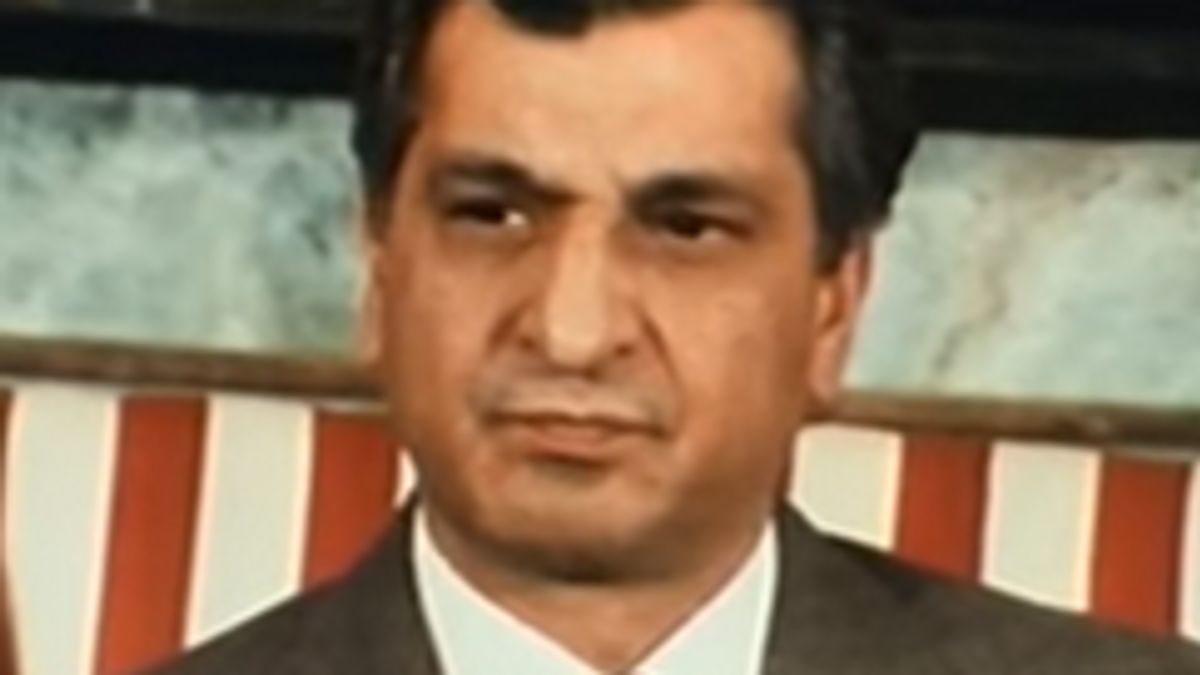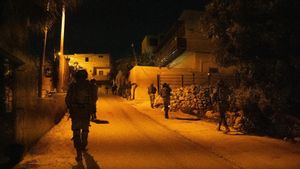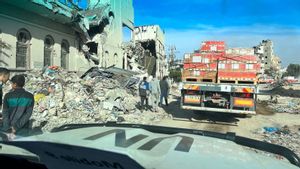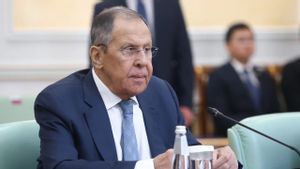JAKARTA - Right today, January 3, or 40 years ago in 1980, the third president of Afghanistan, Babrak Karmal, denied the accusation that the United States (US) called the arrival of the Soviet Union to his country as an invasion. On the other hand, Karmal said that the Soviets existed to protect their country from "outside attacks."
As summarized from the BBC, Soviet troops flew to Afghanistan on Christmas Day under the pretext of enforcing the 1978 Soviet-Afghanistan Friendship Agreement. This occurred after Afghanistan's second President Hafizullah Amin was executed on December 27, 1979 and replaced by Karmal.
This is the first Soviet military expedition outside the Eastern bloc since 1945. Apart from the US, this action was also opposed by 12 other members of the UN Security Council (UNSC). They defined Soviet action as invasion.
But Afghanistan itself turned out to support the Soviet military presence. In addition, the Soviets were also supported by East Germany.
Speaking in Kabul, Karmal told foreign journalists that Soviet troops were defending his country "against outside threats". The former leader of the People's Democratic Party of Afghanistan (PDPA) then accused the United States (US) of provocation and lies.
Due to this incident, the US, the rival of the Soviet Union in the Cold War, did not remain silent. US President at the time, Jimmy Carter announced further US sanctions against the Soviet Union including reduction of the staff of the Soviet embassy and limited landing rights for the Russian airline 'Aeroflot.'
In addition Carter also embargoed grain sales to the Soviet Union. This caused US grain exports to fall from 25 million to eight million tonnes.
So the Cold War FieldThe US president considered the Soviet attack on Afghanistan to be a very serious threat to peace. According to him, this is a callous violation of international law and the UN charter.
To that end, Carter warned that Afghanistan which was "ridden" by the Soviets was threatening Iran and Pakistan. In addition, the USSR's move was seen by the US as a stepping stone to take greater control over world oil supplies.
Since then, the Arab country has been the main battleground of the Soviet and US Cold War. This is because the two superpowers flooded the country with weapons through their various networks there.
As a result of the fighting, the Afghanistan War erupted until 1989. The war claimed at least one million lives (out of a total population of 13 million) and forced five million Afghans to flee.
The English, Chinese, Japanese, Arabic, and French versions are automatically generated by the AI. So there may still be inaccuracies in translating, please always see Indonesian as our main language. (system supported by DigitalSiber.id)













